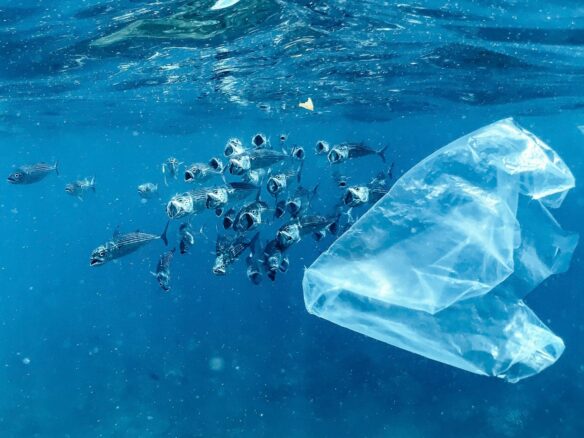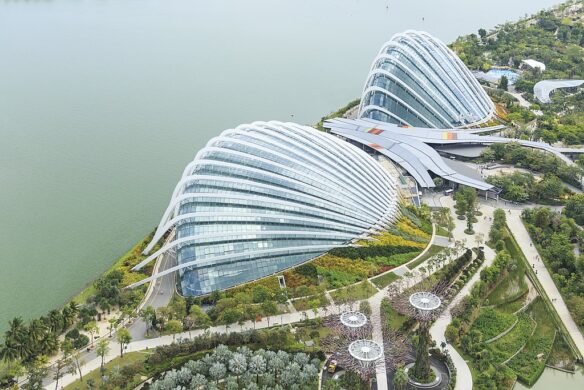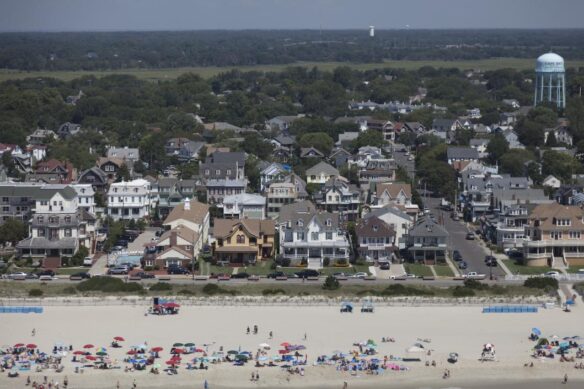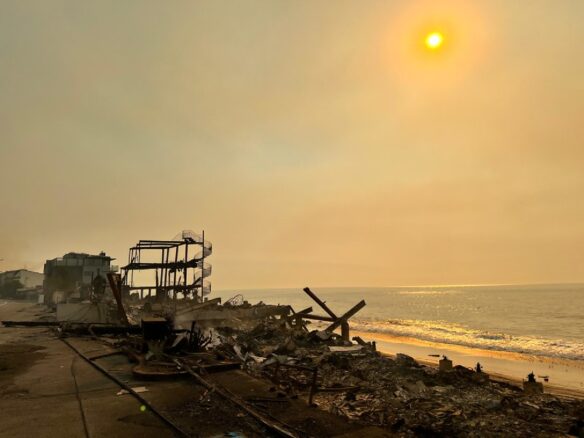Excerpt:
Most visitors come to the Maldives for its resorts and pristine beaches. For Pulitzer Center grantee Jesse Chase-Lubitz, there’s a story behind that sand.
Chase-Lubitz arrived in the Maldives with a couple of connections to local Maldivians, who had clued her into the debate over land reclamation and its negative effects on the environment. As she spoke with more and more residents, the story grew more complex.
The Maldives face an existential threat from sea level rise, and rebuilding the coastline with dredged sand has become a popular solution. But a series of activists on the 1,200-island archipelago are questioning the tradeoffs. While snorkeling around the atoll of Addu, for instance, divers found a coral reef now covered in sand from dredging. Chase-Lubitz discovered that was just the tip of the iceberg.
Through interviews with taxi drivers, hotel owners, politicians, and scientists, Chase-Lubitz found that land reclamation is not a one-size-fits-all policy. Atolls like the Maldives are extremely sensitive to human interference—dredging can damage natural barriers like sand bars and mangroves, and delicate marine ecosystems may be unable to adapt…









